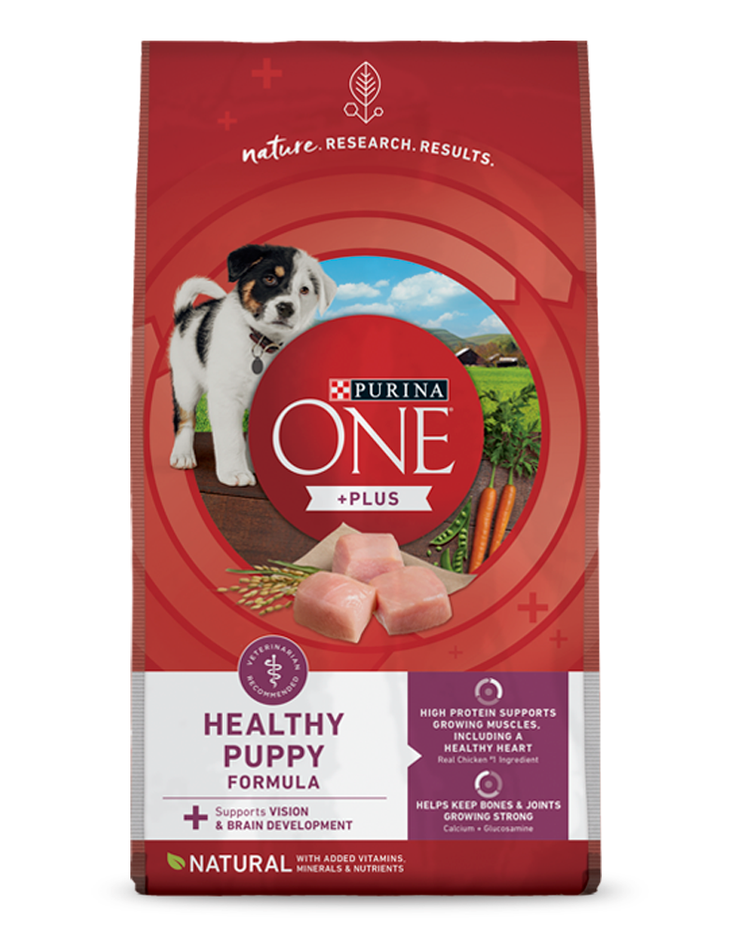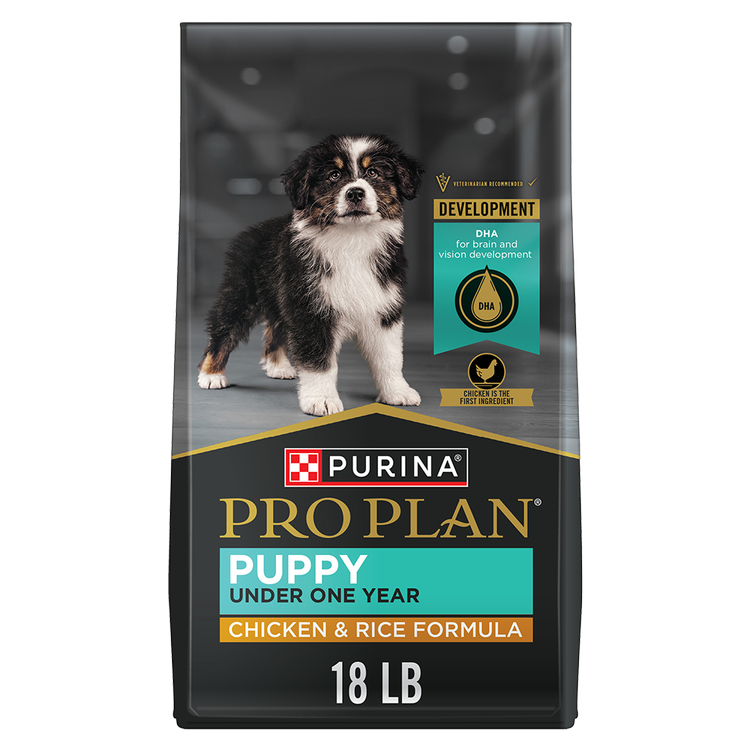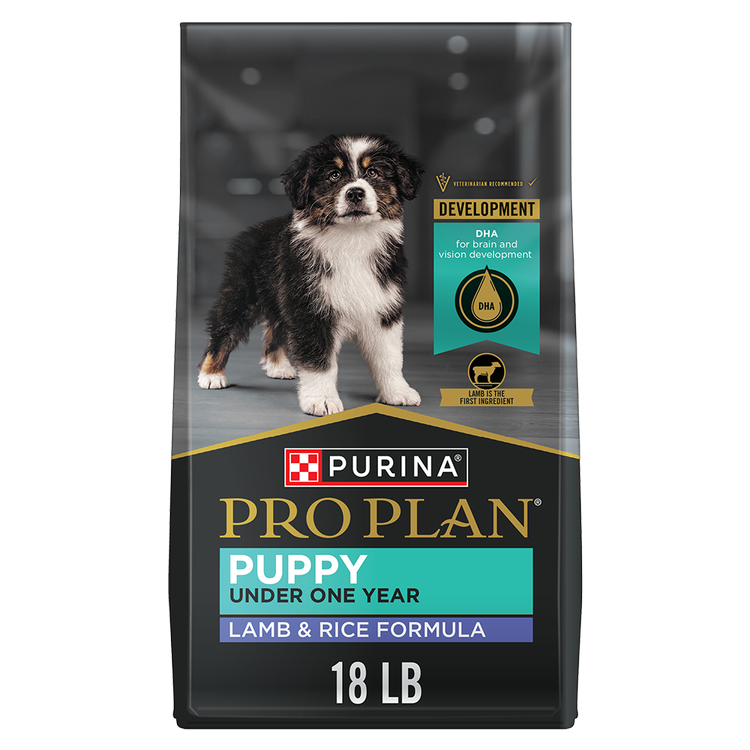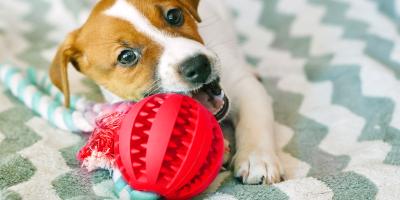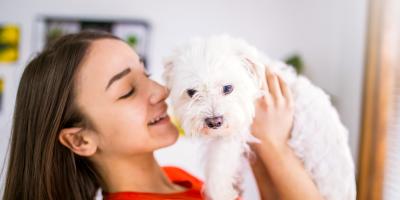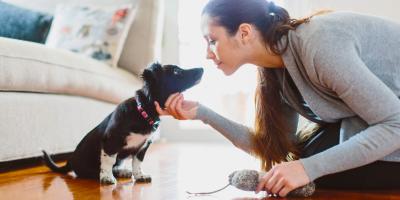Should You Get a Puppy? What You Need to Know


There comes a time in many people’s lives where they ask themselves, “should I get a puppy?”
It’s an important—and potentially life-changing—question because if you’re ready to share your life with a dog, the two of you will create a truly unique bond. Before you decide “yes, I want a puppy,” you first need to ask yourself, “what do I need before getting a puppy?”
What to Know When Getting a Puppy
You Need to Put in the Work
First and foremost, raising a puppy requires a lot of time, attention and effort on your part. Puppy training can be fun, but it takes a lot of patience.
As your puppy develops, you’ll need to consider things like puppy vaccinations, what to feed them and making sure you know how to potty train a puppy. Fortunately, it’s not all work at the beginning; puppies need lots of playtime and affection, too. This not only creates memorable experiences but will also strengthen your bond.
How to Pick the Right Dog for You
Research different breeds before adopting a dog. You’ll want to find a dog breed that fits both your lifestyle and your living situation.
For example, if you’re an active person living in a house with a big yard, consider a vibrant and high-energy dog breed like a Beagle, Labrador Retriever or Rottweiler. If you’re more laid back and live in a small apartment or condo, a Basset Hound, Bulldog or Pug might be more fitting.
Also consider your family situation, whether you work from home or in the office and whether you want a low-shedding breed.
When it’s time to pick up a puppy, choose an ethical breeder or shelter and then go see the litter in action. You will get some idea about which dogs are fun and rambunctious, as opposed to a little bit shy and withdrawn. You may even find yourself drawn to a puppy who’s the opposite of what you had in mind, and that’s okay too.
How to Puppy-Proof Your Home
This may not be earth-shattering news, but puppies like to chew. Hence, one of the first steps for preparing your home for the impending puppy invasion is removing anything from the environment that could be hazardous to a puppy if chewed or eaten. Be sure to remove or secure:
- Electrical cords: Your puppy might feel tempted to chew on any electrical cords they can get their teeth on, putting them at risk for electric shock. To avoid this, either hide electrical cables with cord concealers or move them to where your puppy can’t reach them.
- Medications: Puppies (and even adult dogs) might think medications are food items and try to eat them. Even medicine containers might seem like a potential chew toy to your dog. Therefore, keep any medications well out of reach.
- Cleaning supplies: Cleaning supplies can give off harmful fumes. To keep your puppy safe, keep them high on shelves, in cabinets and other areas that are a safe distance from your dog.
- Plants: Puppies are curious and may find indoor plants intriguing and maybe worth chewing on or even eating. Unfortunately, some household plants can be toxic to dogs so, take a moment to move any indoor plants to a safe location.
- Trash cans: Trash cans are inviting to puppies. The odors, loose pieces of paper and scraps of food are all enticing. Secure your trash cans or move them to a different location to protect your puppy from harmful objects and your house from a big mess.
- Choking hazards: From Legos to beads to a missing screw, your floors can have all kinds of potential choking hazards for puppies. Do a clean sweep of your floors to remove any debris or choking hazards before bringing your puppy home.
- Toilets: Once they’re tall enough, your puppy may be tempted to drink out of the toilet or might accidentally fall in. To avoid this, keep all toilet lids closed.
- Fenced yard: If you have a yard, make certain you have adequate fencing to ensure your puppy won’t wriggle their way through, crawl under or even jump over it.
- Pools: If you own a pool, put a fence around it, so your puppy doesn’t accidentally fall in.
- Indoor and outdoor pet gates: If you want to keep your puppy out of certain areas, pet gates are great for keeping them confined to a designated “puppy area.”
This should give you a good start when it comes to what to know when getting a puppy. Remember, bringing home a puppy is a challenge, but if you’re up for it, you’ll be embarking on a wonderful journey together.
You’ll face challenges like teaching them crate training, having to get up at night to allow your puppy to relieve themselves, and receiving the occasional playful bite from needle-sharp puppy teeth. But your work will be rewarded with faithful companionship, a wealth of joyful memories and a confident, sociable and well-rounded dog to share your life with.
For more helpful training insights, check out the myPurina app.
Learn more about puppies and dogs from our pet experts on our Pet Expertise page.
For your own personalized dog training plan, download Zigzag, the most advanced dog training app, for free and unlock 1 month of Premium Access with unlimited lessons, tailored guidance, and 24/7 expert support using code PUR30 at payment.
Install Zigzag for free now to get started

Be Rewarded for Your Purina Purchases
Earn and redeem points for Purina products with myPurina app.

